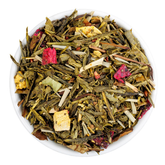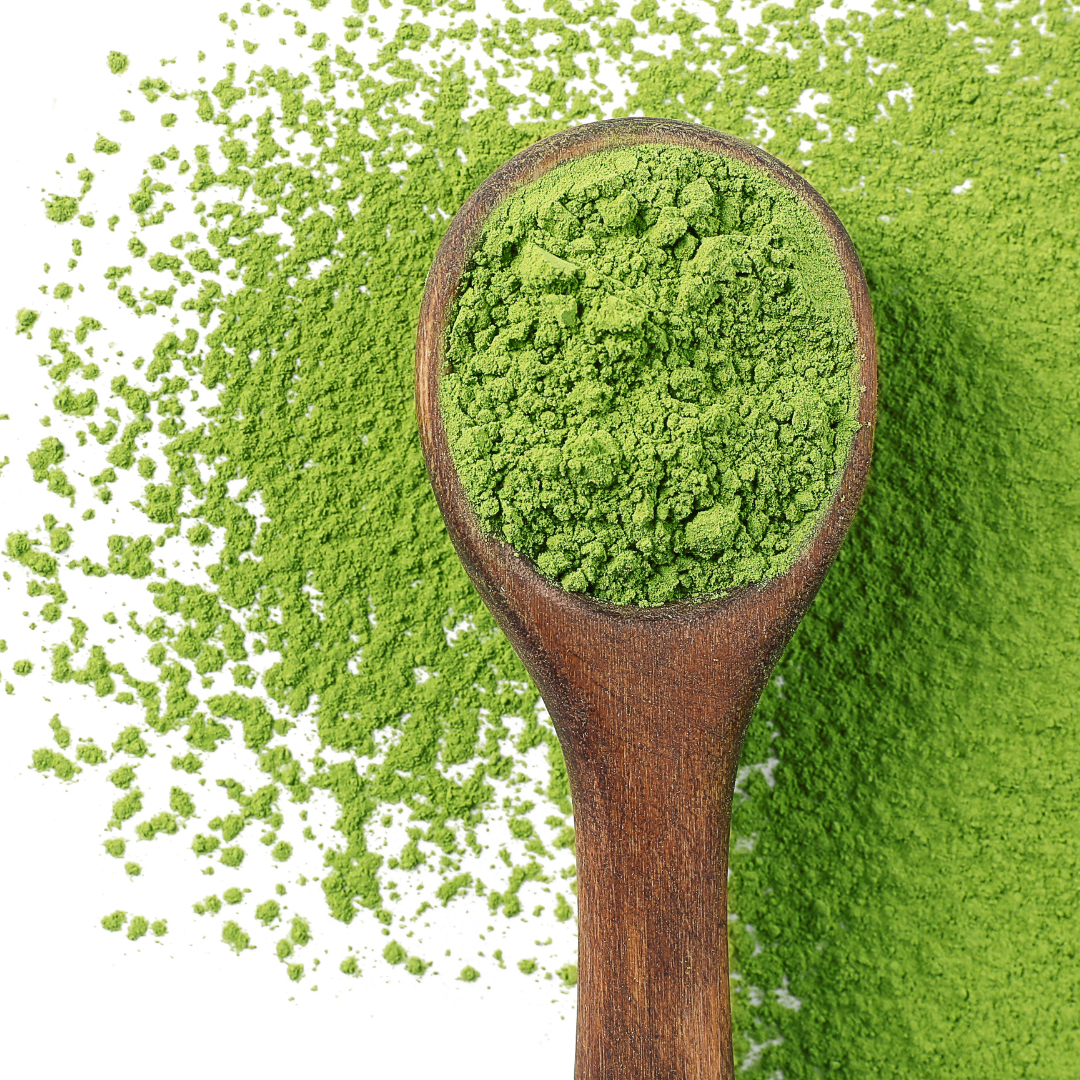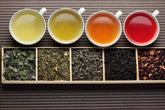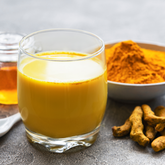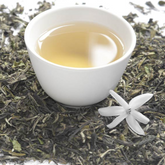Matcha tea is a kind of green tea. It may be good for your heart, weight, and other aspects of health due to its antioxidant content. It’s also easy to incorporate into your diet.
Matcha is popular in health stores and coffee shops, available as matcha shots, lattes, teas, and desserts.
Like green tea, matcha comes from the Camellia sinensis plant. However, it’s grown differently and has a unique nutrient profile.
Farmers shade the plants used for matcha for most of the growth period. This lack of direct sunlight increases chlorophyll production, boosts the amino acid content, and gives the plant a darker green hue.
After harvesting the leaves, producers remove the stems and veins and grind the leaves into a fine powder. This is matcha.
Matcha contains the nutrients from the entire tea leaf and contains more caffeine and antioxidants than are typically present in green tea.
Studies of matcha and its components have unearthed a variety of benefits, showing that it can help protect the liver, promote heart health, and even aid in weight loss.
Here are 7 possible health benefits and advantages of consuming matcha.
Matcha is rich in catechins, a class of plant compounds in tea that act as natural antioxidants.
Antioxidants help stabilize harmful free radicals, compounds that can damage cells and cause chronic disease.
Matcha is grown in the shade. When the leaves are harvested, the catechin content is lower than in other types of green tea. However, when you dissolved in water, it produces 3 times more.
Including matcha in your diet could increase your antioxidant intake, which may help prevent cell damage and lower your risk of several chronic diseases.
The liver is vital to health and plays a central role in flushing out toxins, metabolizing drugs, and processing nutrients.
Some studies have found that matcha may help protect the health of your liver, and that drinking green tea was associated with a decreased risk of liver disease.
Some research shows that several of the components in matcha could help enhance brain function, boost your energy, memory, attention and focus.
Matcha has a higher concentration of ceffeine than green tea. Depending on the type, brand, and processing, green tea tends to contain around 11–25 milligrams per gram (mg/g), while matcha contains 19–44 mg /g. Matcha also contains a compound called L-theanine, which alters the effects of caffeine, promoting alertness and helping avoid the crash in energy levels that can follow caffeine consumption.
Matcha contains some compounds that have been linked to cancer prevention.
Some research has suggested that drinking green tea, which has a similar nutrient profile to matcha, may help protect against heart disease.
Green tea consumption has been linked with a lower risk of cardiovascular disease, compared with coffee, and some studies have suggested it might help lower the risk of high blood pressure and other complications in people with heart disease.
The compounds in matcha are similar to those in green tea, and some studies have suggested it may have similar benefits.
Green tea is well known for its ability to enhance weight loss and often features in weight loss supplements.
Studies suggest that together with dietary measures and exercise, taking up to 500 mg per day of green tea for 12 weeks might reduce body mass index.
Although most studies have focused on green tea, matcha comes from the same plant and contains similar compounds.
7. Matcha tea is easy to prepare
There are many ways to enjoy matcha.
You can make traditional matcha tea by sifting 1–2 teaspoons (2–4 grams) of matcha powder into your cup, adding 2 ounces (59 ml) of hot water, and mixing it together with a bamboo whisk.
You can also adjust the ratio of matcha powder to water based on your preferred consistency.
For a thinner tea, reduce the powder to a half teaspoon (1 g) and mix with 3–4 ounces (89–118 ml) of hot water.
For a more concentrated version, combine 2 teaspoons (4 g) of powder with just 1 ounce (30 ml) of water.
You can also:
- combine matcha with turmeric in a tea or latte
- stir it into milk-based foods and drinks, such as lattes or rice pudding
- try it in desserts, such as matcha ice cream or cookies
If you’re feeling creative, try whipping up protein smoothies to boost the nutrient content of your favorite recipes.







